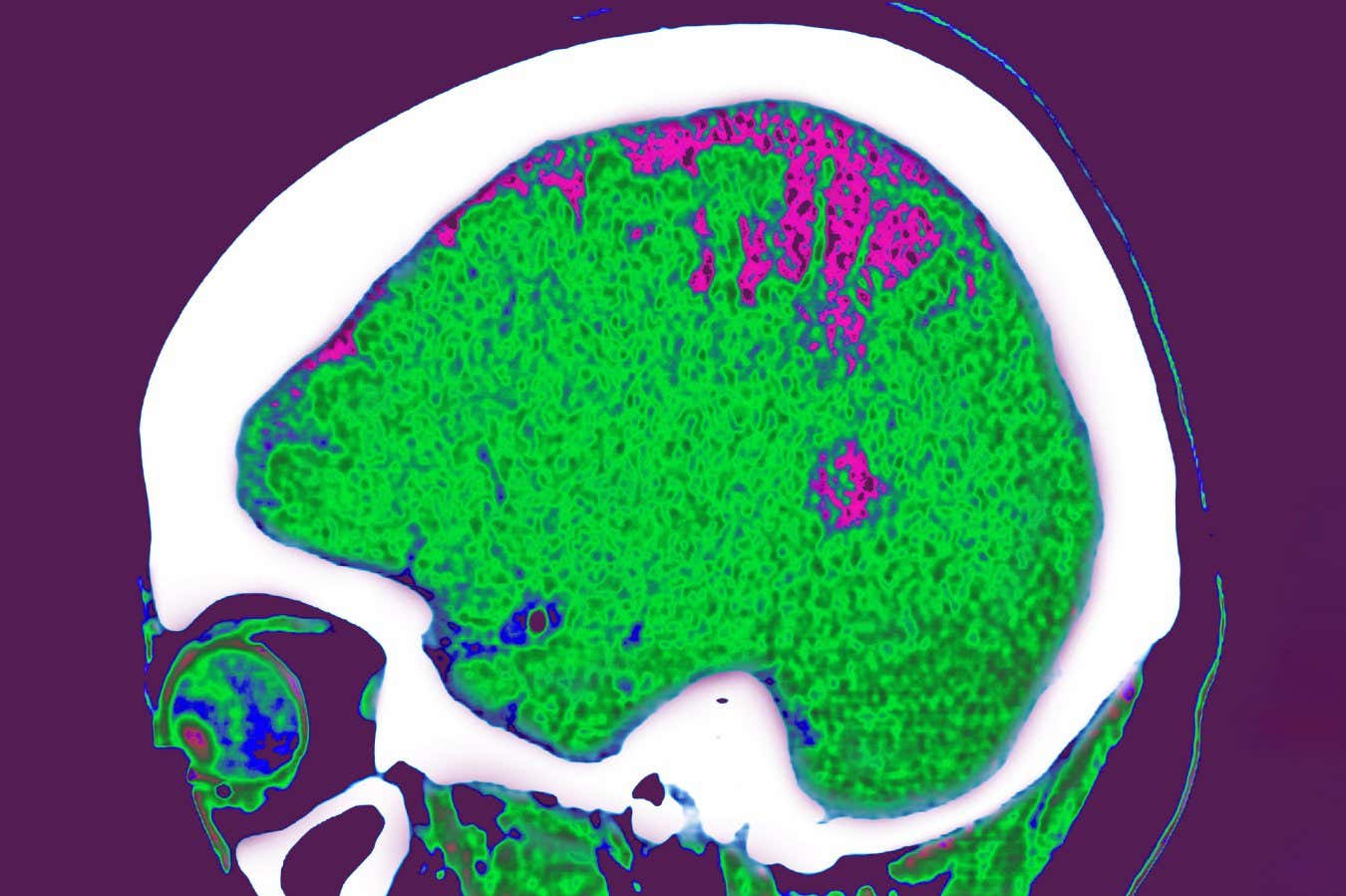AI and Machine Learning: Continual advancements in automating tasks and improving decision-making.
In recent years, Artificial Intelligence (AI) and Machine Learning (ML) have transitioned from theoretical concepts to integral components of numerous industries. These technologies are not just reshaping how businesses operate; they are fundamentally altering the landscape of decision-making and task automation. As advancements continue to unfold, the implications for efficiency, accuracy, and innovation are profound.
Understanding AI and Machine Learning
At its core, AI refers to the simulation of human intelligence in machines programmed to think and learn. Machine Learning, a subset of AI, involves algorithms that enable computers to improve their performance on a specific task through experience. These technologies rely on vast amounts of data, pattern recognition, and analysis, allowing systems to make decisions or predictions without explicit programming for every possible scenario.
The Evolution of Automation
Traditionally, automation involved creating specific, rule-based systems—like assembly lines in manufacturing—where human input was minimized. However, with machine learning capabilities, automation has evolved to handle complex tasks involving nuanced decision-making.
-
Dynamic Process Automation: Unlike static automation, ML-powered systems can adapt to changing conditions. For example, robotic process automation (RPA) can now interface with ML models to analyze tasks in real time, allowing businesses to respond rapidly to market changes.
-
Natural Language Processing (NLP): AI applications such as chatbots and virtual assistants have revolutionized customer service by interpreting and responding to human language. As NLP systems improve, they can efficiently handle queries, gather feedback, and escalate issues when necessary—reducing the need for human intervention.
-
Predictive Maintenance: In sectors like manufacturing and logistics, ML algorithms analyze equipment performance data to predict failures before they occur. This proactive approach minimizes downtime and maintenance costs, significantly improving operational efficiency.
Enhancing Decision-Making
AI and ML are not only automating tasks but are also enhancing decision-making processes across various domains:
-
Data-Driven Insights: Businesses generate vast amounts of data, and extracting actionable insights from this information is crucial. AI algorithms can sift through large datasets to identify trends, anomalies, and correlations that human analysts might miss, enabling more informed decision-making.
-
Risk Assessment: In fields like finance and insurance, ML models are increasingly used to assess risk. By analyzing historical data and identifying patterns, these systems can make more accurate risk predictions, ultimately improving the accuracy of loan approvals and policy underwriting.
-
Personalization: Companies use AI to personalize customer experiences by analyzing purchase history and browsing behavior. Algorithms can predict individual preferences, tailoring marketing strategies that resonate more with consumers, thereby increasing conversion rates.
The Ethical Implications
Despite the numerous benefits, the rise of AI and ML brings ethical considerations that need addressing. Concerns about data privacy, algorithmic bias, and accountability in decision-making are at the forefront of discussions regarding these technologies. It’s imperative that organizations adopt ethical frameworks to ensure that AI applications are fair, transparent, and responsible.
Future Prospects
The future of AI and Machine Learning looks promising as technology continues to evolve. Innovations such as reinforcement learning and federated learning are paving the way for more sophisticated automation and decision-making systems. Moreover, as quantum computing matures, it could significantly enhance ML algorithms’ capabilities, leading to breakthroughs in handling and processing vast datasets.
Conclusion
AI and Machine Learning are revolutionizing how tasks are automated and decisions are made across industries. While the potential for increased efficiency and smarter decision-making is enormous, it is equally crucial to navigate the ethical landscape. As we continue to witness the advancement of these technologies, the focus must be on harnessing their power responsibly and effectively—ensuring that they serve humanity’s best interests while driving innovation forward.



إرسال التعليق